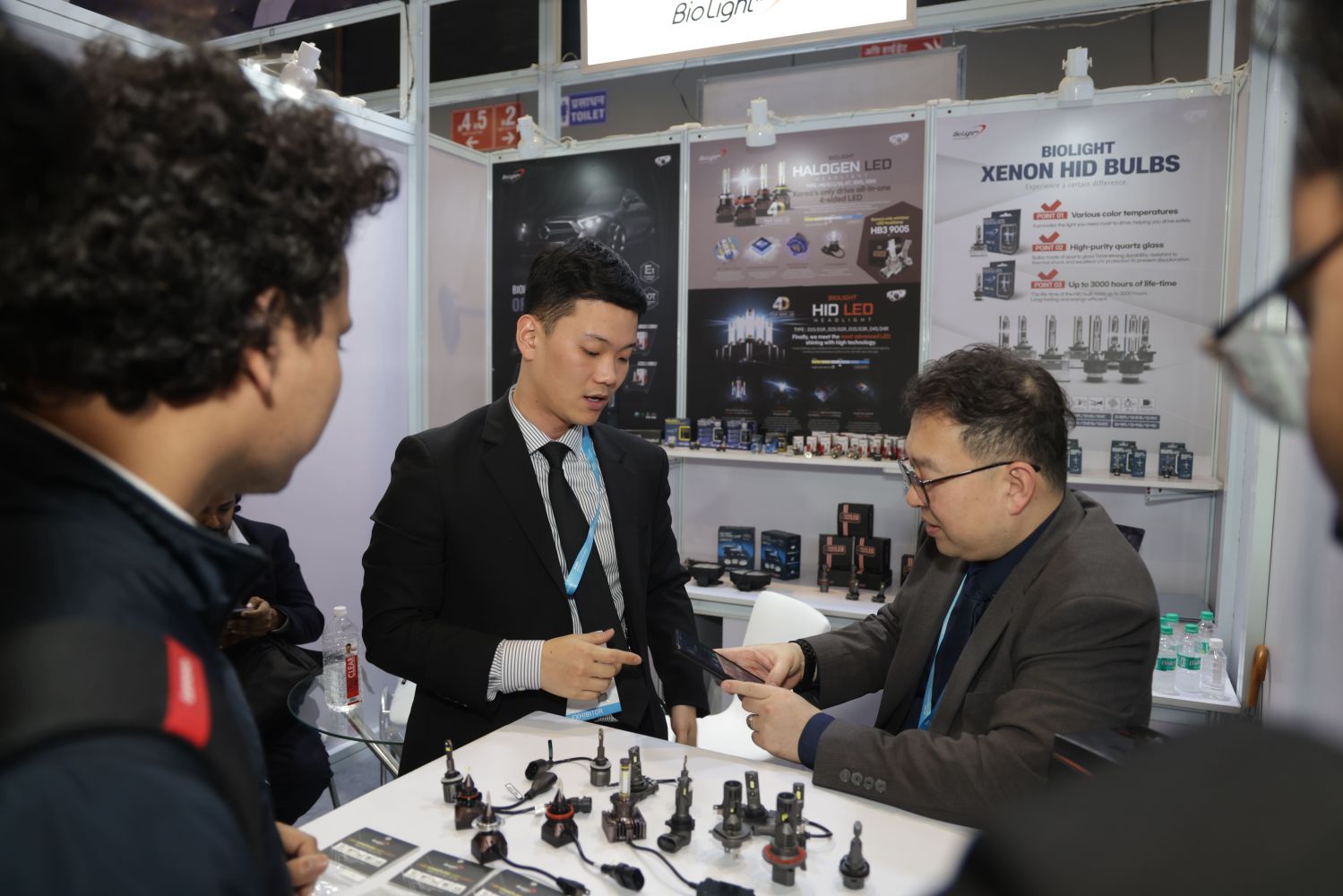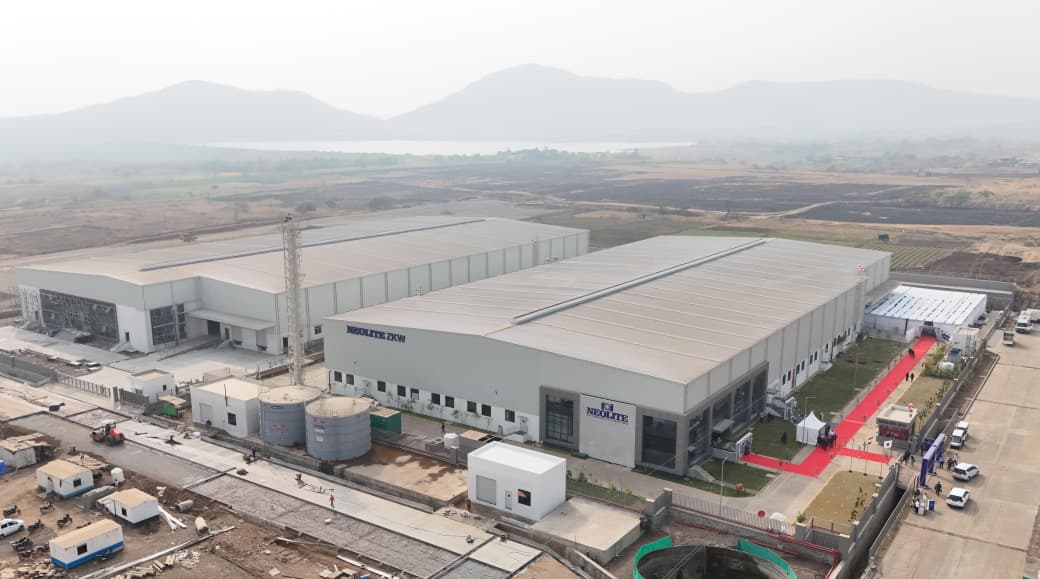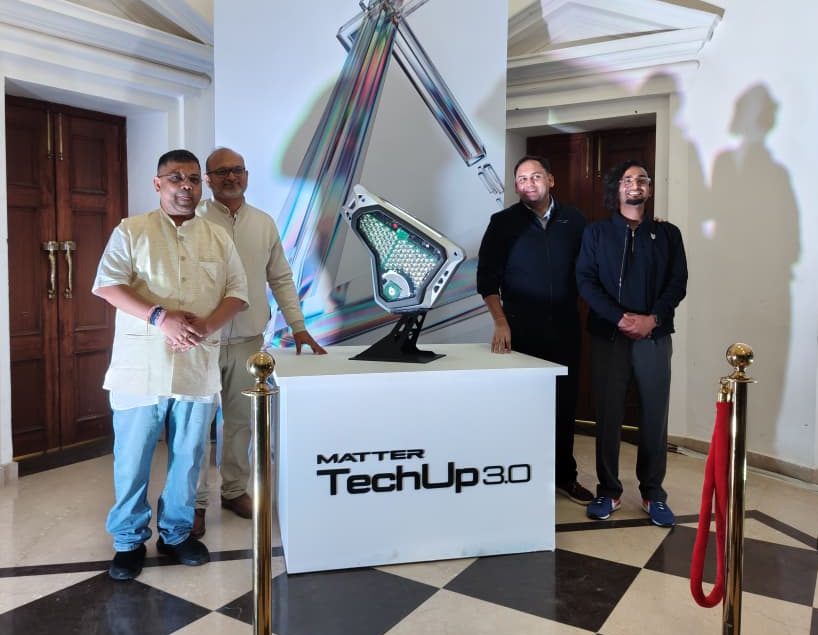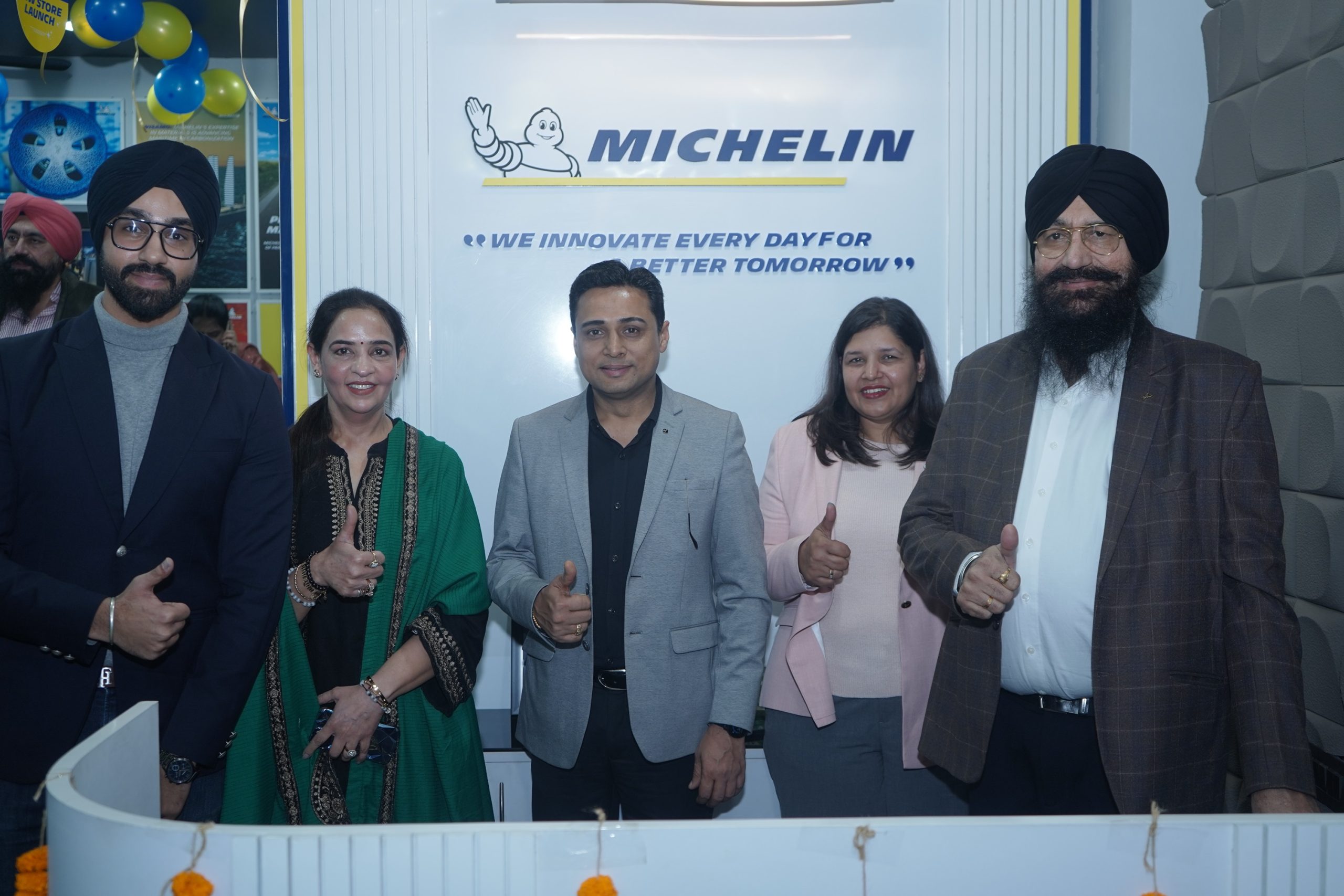The Dearman Engine Company is strengthening its team as it prepares for its liquid air engine to begin on-vehicle testing, with the recruitment of Nick Owen to the position of Chief Technology Officer. Owen is currently with E4tech (UK) Ltd, a leading industry and government consultancy, and will join Dearman at the start of June.
Owen has worked at E4tech for the last two years, where he was responsible for the commercial and technical activities in the low carbon vehicles sector. During this period he had worked closely with Dearman on a number of projects including a review of markets and technology development risks. Prior to E4tech, Nick spent more than 20 years at Ricardo, including a number of years as Project Director of Research and Collaboration, responsible for the planning, execution & exploitation of Ricardo UK’s R&D portfolio.
Toby Peters, Chief Executive of the Dearman Engine Company, said, “We have had a number of business successes recently, including a grant of almost £2 million from the Technology Strategy Board’s IDP10 programme, and recognition in the ERTRAC report, and having the right team in place has been vital for that. We are looking forward to Nick joining us and are confident he will support us in moving the technology forward as quickly and successfully as possible.”
Owen will be present the Dearman engine at the launch of a new report, Liquid Air on the Highway, at the Society of Motor Manufacturers and Traders (SMMT) on 4th June. The report, by the Liquid Air Energy Network, Centre for Low Carbon Futures and the University of Birmingham, analyses the financial and environmental benefits of individual liquid air vehicles and fleets, and the potential value to Britain in exports and jobs.
The conference will hear how embracing liquid air technologies could reduce haulers’ and bus operators’ diesel consumption by 20% – 25% in different applications while also reducing overall costs and emissions; enable British cities and regions to significantly reduce particulate matter (PM) and nitrogen oxides (NOx) and emissions without any additional subsidies or taxes.












Leave a Reply